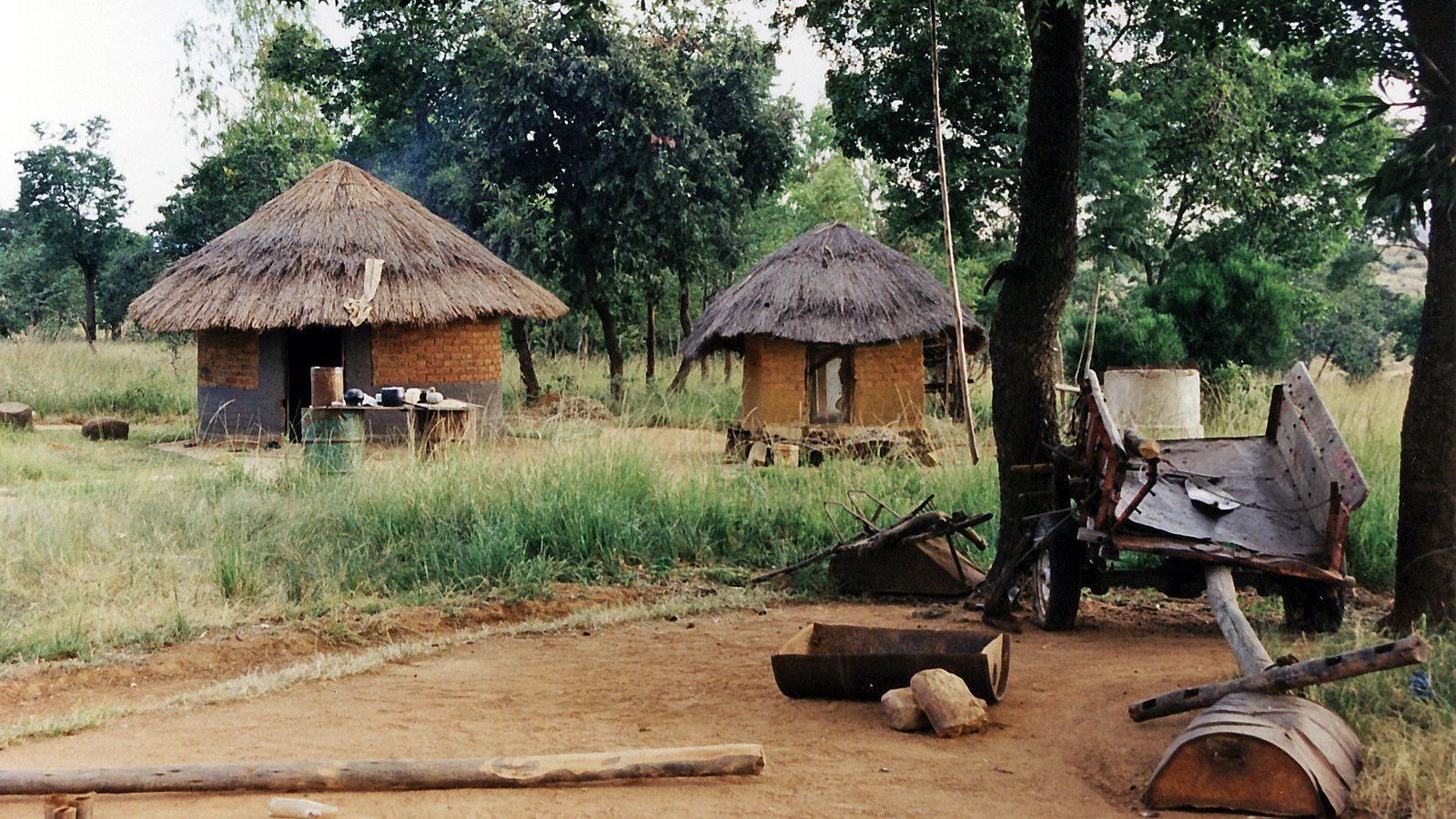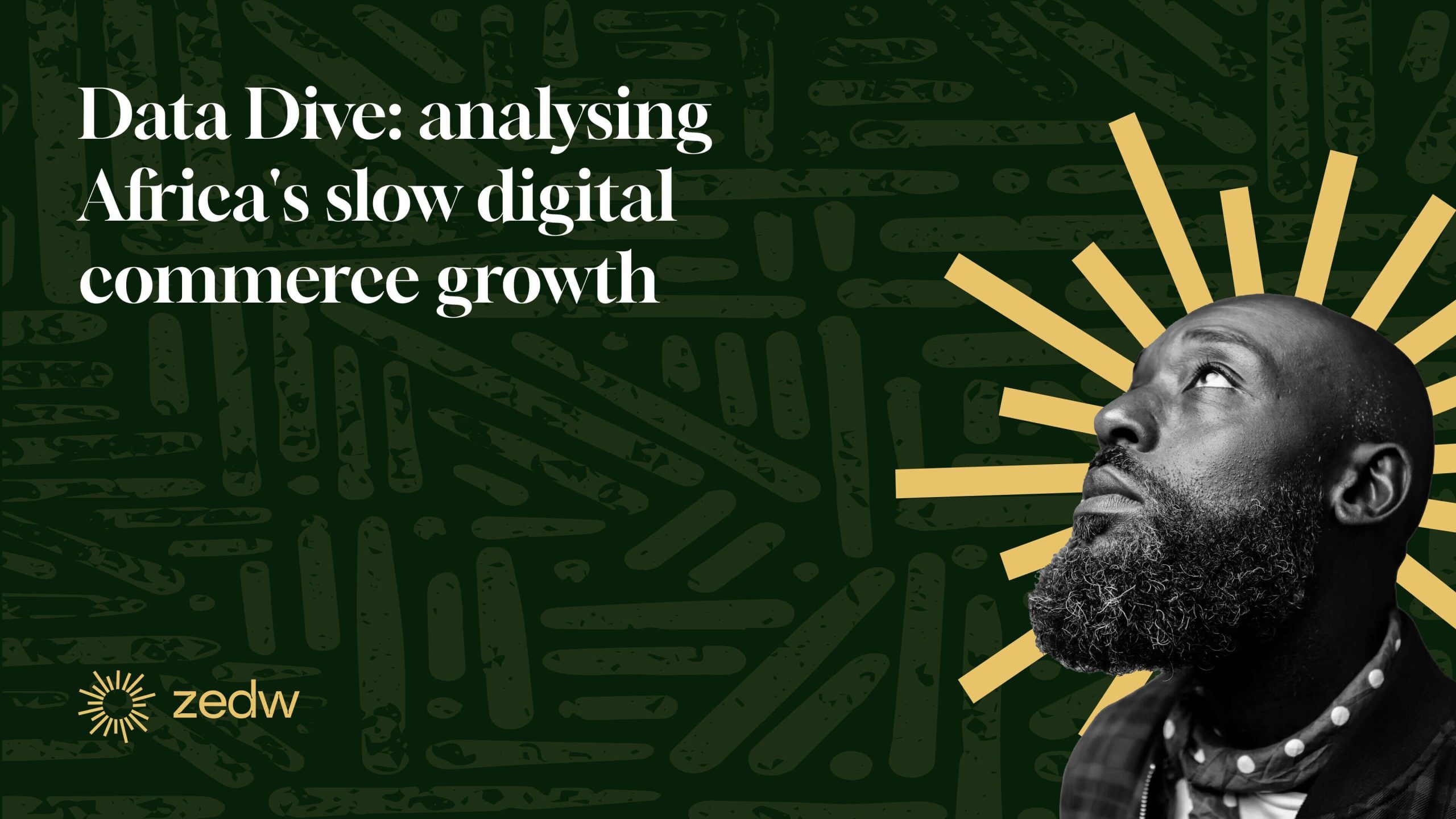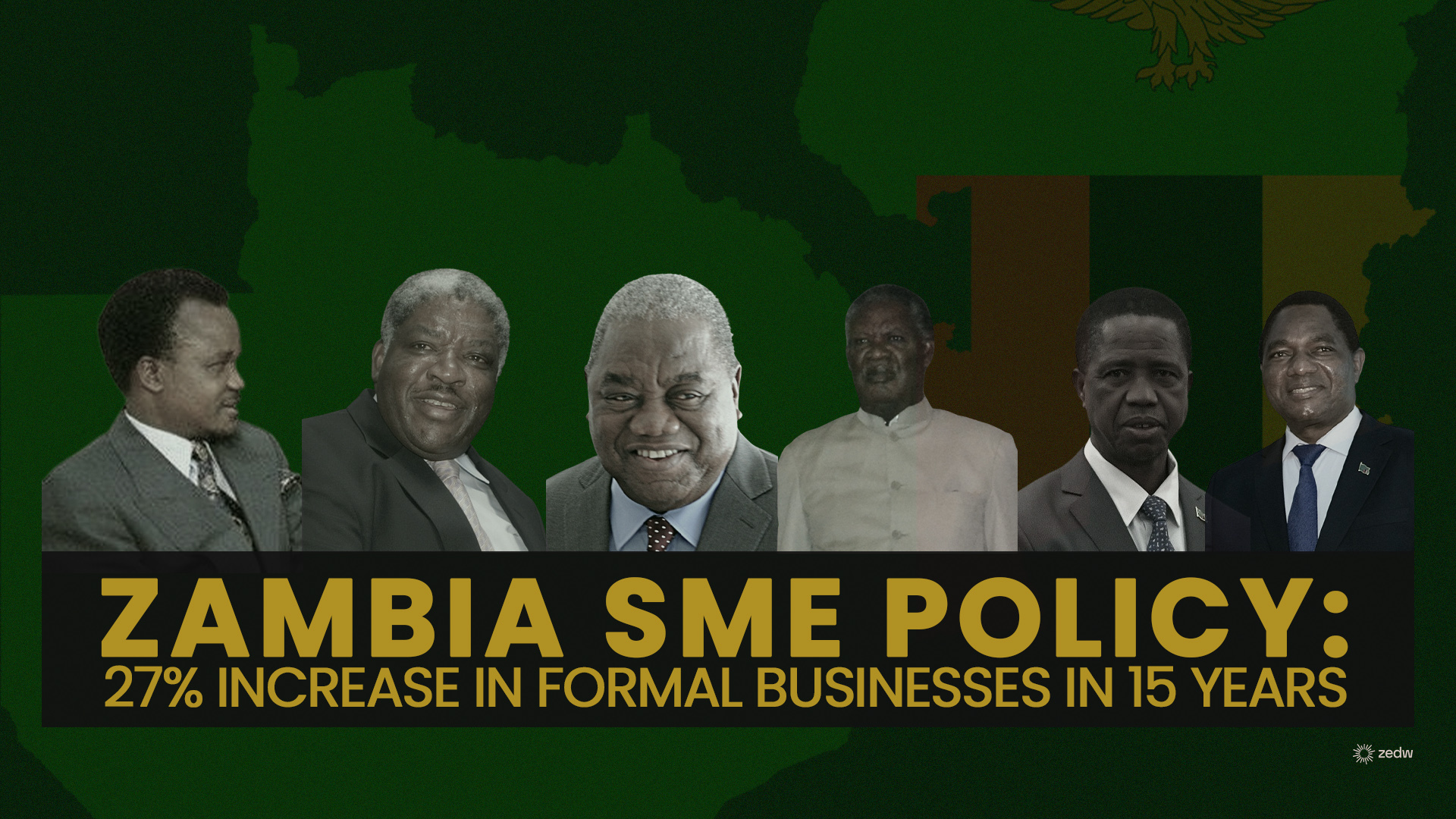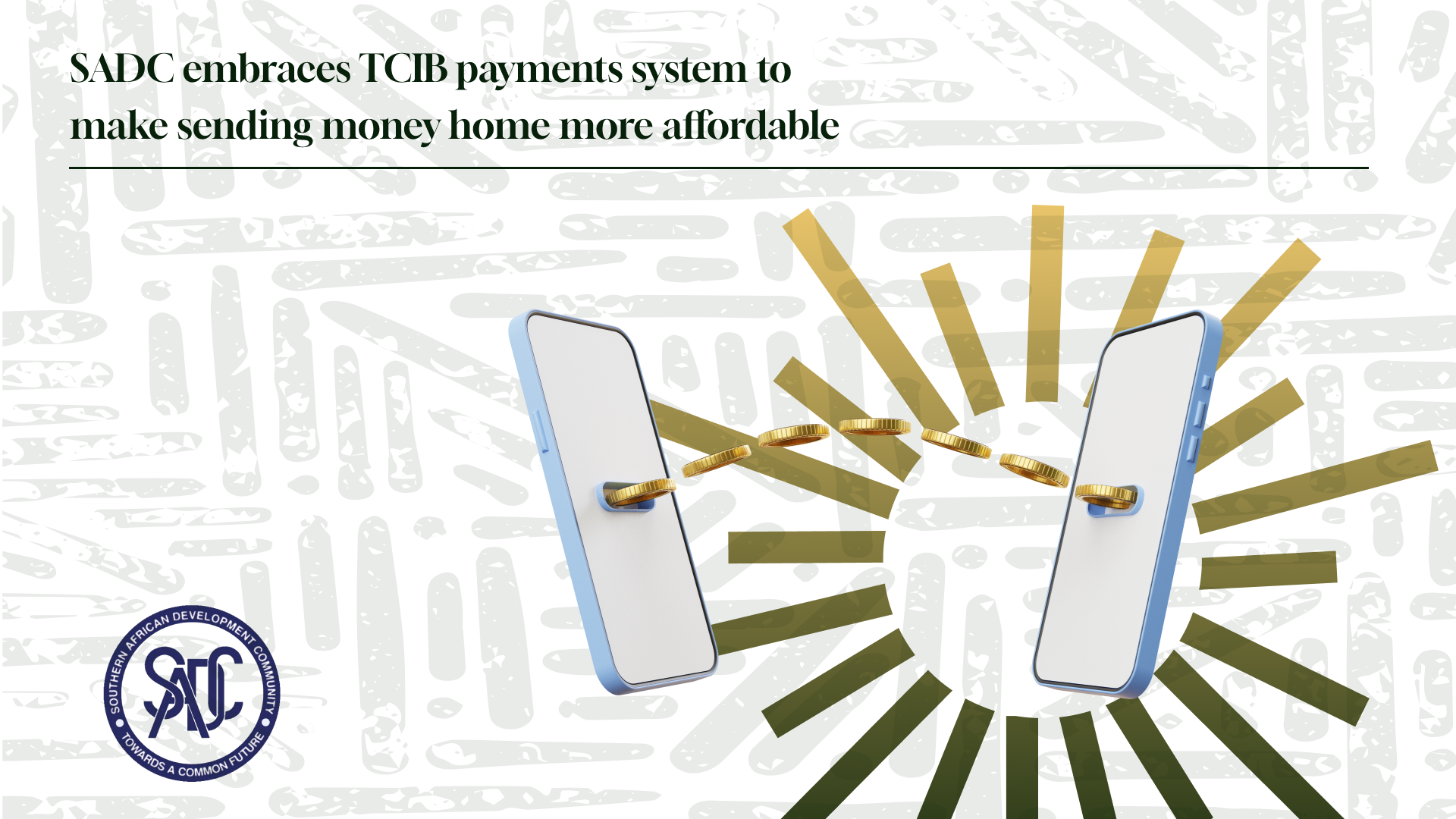Ambitious fintech startups offering financial solutions to consumers could benefit from tapping into the rural market, which are communities that have many unmet needs.
Many rural societies still have limited access to banking and financial services. Additionally, many of them do not meet the high requirements from traditional banks such as proof of income, and they don’t have a strong presence in rural areas.
Perhaps this is why financial services solutions such as Mpesa in East Africa and Mukuru in Southern Africa have gained so much popularity and enjoy massive growth because there is a market.
Banking is now viable from mobile phones and this service is feasible as it does not need proof of income or make surety demands on users; all they need is their identity and valid address. Fintech startups that offer financial solutions to consumers have been thriving in the urban market for many years now, which is the pinnacle of the sector’s rapid growth and success.
However, it is equally important for players in the market to consider tapping into the rural market, which is largely unbanked, in order to cater to a different consumer base and actually make good money. The common perception is that the rural market does not offer any bankable offering or profit but it is actually a very lucrative sector, according to the recent ‘Future of Finech in Africa,’ report.
The message to entrepreneurs particularly, is that key players, especially those in the Sub-Saharan Africa fintech eco-system are to take disruption to the rural market instead of the previous business-as-usual model that caters primarily to middle-class, wealthy and corporate clients.
The unbanked population is also important, especially when you consider that they also transact and need financial services, but most banks, for example, don’t serve SMEs and micro-business consumers let alone rural communities such as farmers and merchants.
Associate Dean at the Lagos Business School, Olayinka David-West (who is quoted in the Future of Fintech Africa Report) points out that there are few banks offering SME loans and other financial services to SMEs or micro-businesses because it is different and difficult to assess the risk of those loans. She however asserts that there are unmet customer demands in the market and no entities meeting those needs, which creates a market gap. She echoed that it is important for fin techs to make money and that is often a huge priority, however taking the plunge into an untapped market would give better long-term gains than venturing into the now saturated urban, middle-class and corporate market.
“Fintechs want to make money too, which is why they focus on agent banking and providing fintech solutions to small merchants and store owners before attempting to pursue retail consumers“
She suggests that there is a need for fintech firms that are specialised startups and experts on one component or financial product, as opposed to building an entire solution across the entire value chain.
“There is currently a need for fin techs focused on a specific and targeted customer segment and serving them with precision. Who is onboarding women? Who is targeting the farmers and merchant traders, for example?”
The Future of Fintech In Africa report highlights that the rural segment has been left out of the fintech conversation and development for too long, but they are also a key market that can offer boundless opportunities for any startup that dare ventures into the rural market. The conundrum is that rural markets are dicey and require persistent effort and financing. As the report notes,
“Going after the rural villagers is a costly affair and the customer acquisition cost should come from somewhere.“
Cover Image Credit: Global Citizen








